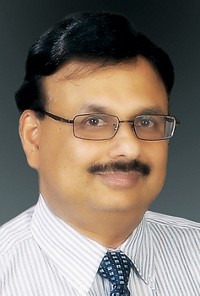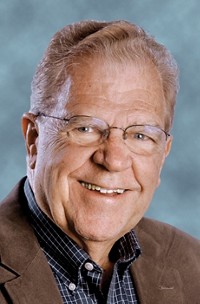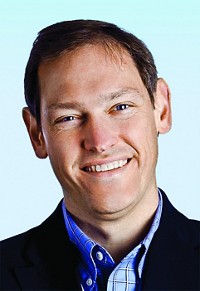Advertisement
Grab your lab coat. Let's get started
Welcome!
Welcome!
Create an account below to get 6 C&EN articles per month, receive newsletters and more - all free.
It seems this is your first time logging in online. Please enter the following information to continue.
As an ACS member you automatically get access to this site. All we need is few more details to create your reading experience.
Not you? Sign in with a different account.
Not you? Sign in with a different account.
ERROR 1
ERROR 1
ERROR 2
ERROR 2
ERROR 2
ERROR 2
ERROR 2
Password and Confirm password must match.
If you have an ACS member number, please enter it here so we can link this account to your membership. (optional)
ERROR 2
ACS values your privacy. By submitting your information, you are gaining access to C&EN and subscribing to our weekly newsletter. We use the information you provide to make your reading experience better, and we will never sell your data to third party members.
People
Ipatieff Prize
Sponsored by the Ipatieff Trust Fund through Northwestern University
by Mitch Jacoby
February 15, 2010
| A version of this story appeared in
Volume 88, Issue 7
Breaking into a well-established scientific discipline and forging a reputation as an important contributor is no small feat. Doing so early in one’s academic career is harder still. Yet that’s exactly what Christopher W. Jones, 36, a professor of chemical and biomolecular engineering at Georgia Institute of Technology, has done by making critical discoveries at the interface between homogeneous and heterogeneous catalysis.
Jones’s research findings regarding the mechanisms that underlie palladium-catalyzed carbon-carbon coupling reactions were published in a series of research papers that drew widespread attention. In the view of Georgia Tech’s Charles A. Eckert, a professor of chemistry and chemical engineering, “Jones’s contributions to the palladium-catalyzed coupling field, specifically to the identification of the truly active palladium species in Heck and Suzuki coupling reactions, is one of the most important discoveries in catalysis of the last several years.” That statement is particularly noteworthy given that Jones conducted those experiments just shortly after launching his academic career.
The Heck and Suzuki carbon-carbon bond-forming reactions are widely used to synthesize fine chemicals and active pharmaceutical agents from aryl compounds. More than a decade’s worth of research by various chemists led many scientists to invoke a Pd(II)-Pd(IV) catalytic cycle that features palladium compounds with pincer ligands as the basis of reactivity in those systems. Jones’s work proved that that widely held, yet unsubstantiated, mechanism is incorrect.
By synthesizing Pd(II) pincer complexes that were supported on solids, and through judicious use of tests based on kinetics, spectroscopy, and catalyst poisoning, Jones’s research group showed that the reactions proceed instead via a Pd(0)-Pd(II) catalytic cycle. The group also demonstrated that the reactions are mediated by palladium species that are leached from the immobilized (heterogeneous) phase to the solution (homogeneous) phase.
One important tool Jones’s group developed to distinguish the roles played by homogeneous and heterogeneous species is palladium “scavengers” that selectively deactivate soluble palladium compounds. By using the scavengers with other experimental methods, the group showed that many catalysts widely believed to mediate reactions via heterogeneous mechanisms in fact facilitate reactions in the solution phase after being leached from solid supports.
Matthew Neurock, a professor of chemical engineering and chemistry at the University of Virginia, Charlottesville, comments that Jones’s “outstanding ability” to integrate engineering with organic, organometallic, and materials synthesis in ways that advance molecular engineering and catalysis “will undoubtedly inspire others.” Reflecting on the number of seminal contributions Jones has made to the science and industrial practice of catalysis, Neurock says, “I don’t know of anyone else at his age who has had such an impact on the field.”
Jones completed his undergraduate education in 1995 at the University of Michigan and graduated in 1999 with a Ph.D. in chemical engineering from California Institute of Technology. In 2000, after completing postdoctoral research at Caltech, Jones was appointed assistant professor of chemical engineering at Georgia Tech.
Jones has published about 85 peer-reviewed journal papers and has authored three patents and several book chapters. He serves on the editorial boards of Applied Catalysis, Journal of Molecular Catalysis, and other scholarly journals. He has been recognized with a number of teaching awards, as well as the Shell, DuPont, and Sigma Xi Young Faculty awards.
Jones will present the award address before the Division of Catalysis Science & Technology (Probationary).






Join the conversation
Contact the reporter
Submit a Letter to the Editor for publication
Engage with us on Twitter